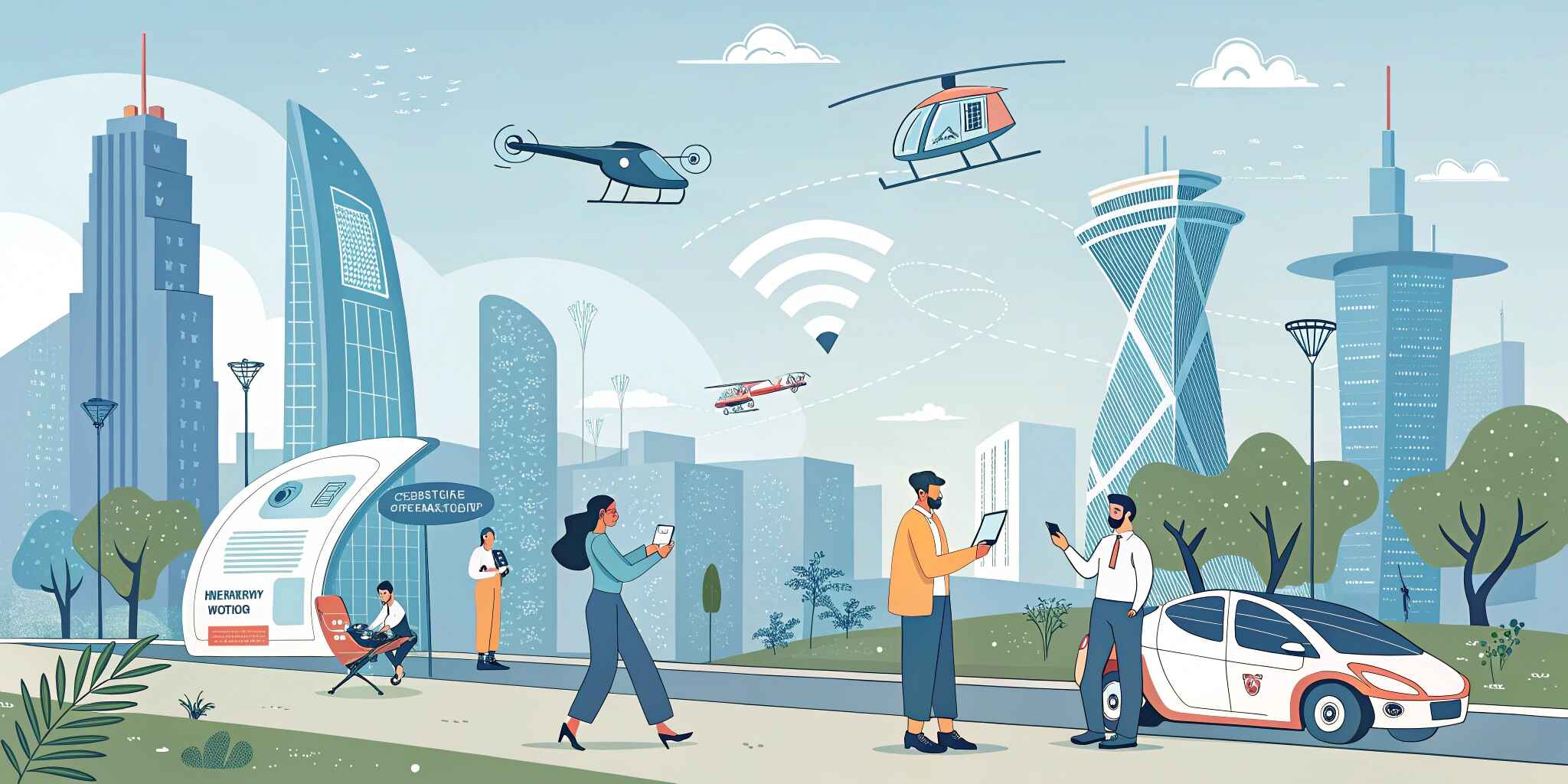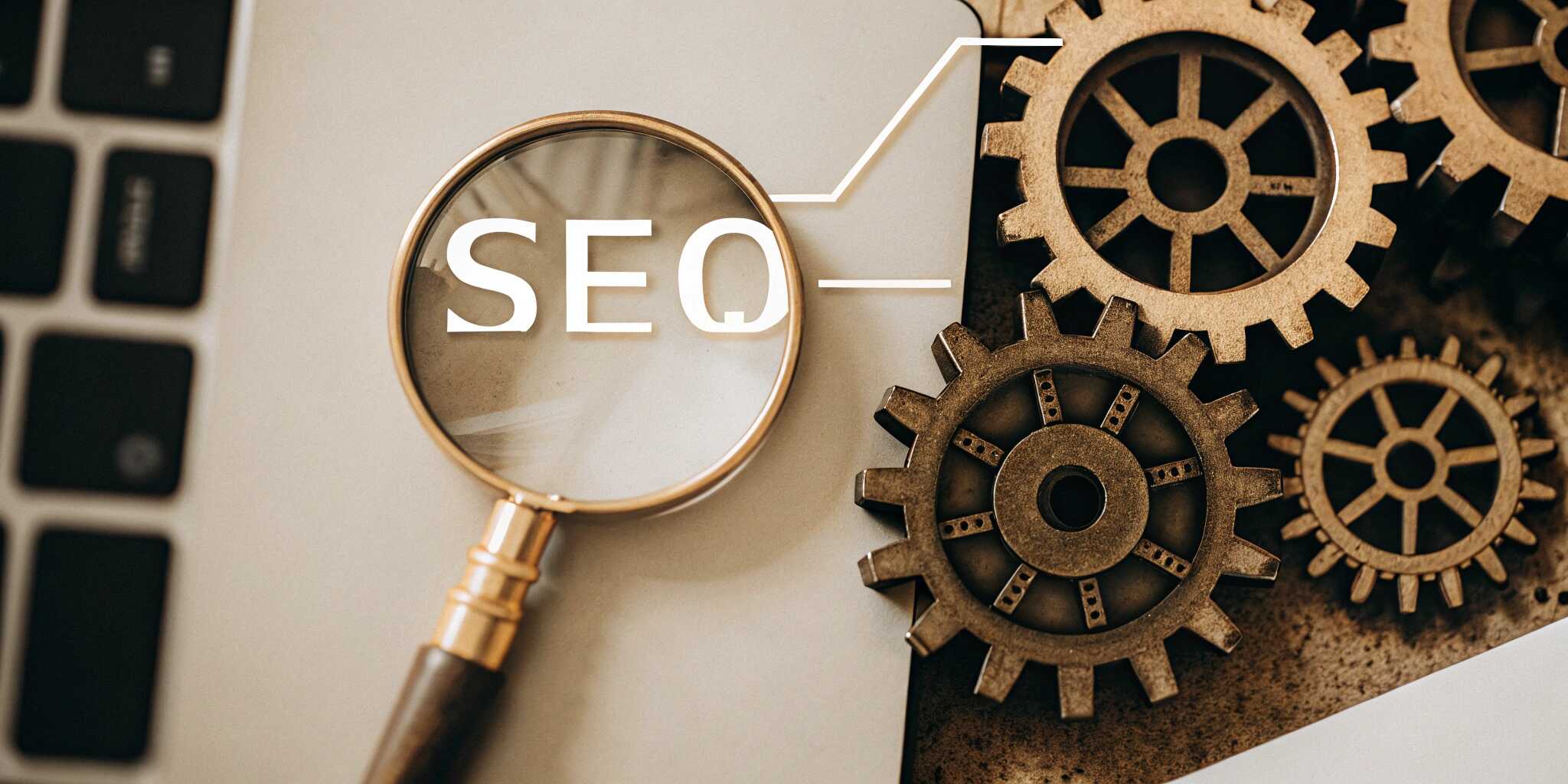Introduction
Technology has become an inseparable part of our daily lives. From smartphones to AI-driven applications, modern innovations are transforming the way we work, communicate, and solve global problems.
1. The Digital Transformation Era
Digital technology is no longer limited to tech companies. Whether you’re booking a cab, attending a virtual class, or managing your business, digital platforms are the backbone of modern interaction. This rapid shift has pushed organizations to embrace cloud computing, automation, and big data analytics.
2. Artificial Intelligence and Machine Learning
AI and ML are revolutionizing various sectors. In healthcare, AI assists with early diagnosis and robotic surgeries. In finance, algorithms detect fraud and predict market trends. Even our entertainment is personalized using AI—from Netflix recommendations to virtual gaming environments.
3. The Rise of 5G and IoT
5G networks are enhancing connectivity and enabling a new generation of Internet of Things (IoT) devices. Smart homes, autonomous vehicles, and wearable tech all benefit from faster, more reliable internet. These technologies are driving a seamless, real-time data exchange environment.
4. Cybersecurity and Digital Ethics
With growing tech adoption comes increasing cybersecurity threats. Data privacy, misinformation, and AI bias are hot-button issues that developers and regulators must address. Ethical use of technology is crucial in protecting individual rights and maintaining trust.
5. Emerging Tech in 2025
In 2025, we expect greater adoption of quantum computing, more advanced AI models, and expanded use of augmented reality (AR) in education and retail. Sustainable tech—such as green energy innovations and low-carbon computing—is also on the rise.
Conclusion
Technology will continue to evolve and influence every aspect of our lives. Staying informed and adaptable is the key to thriving in this dynamic environment. Embracing ethical innovation will ensure that tech serves humanity responsibly and effectively.


